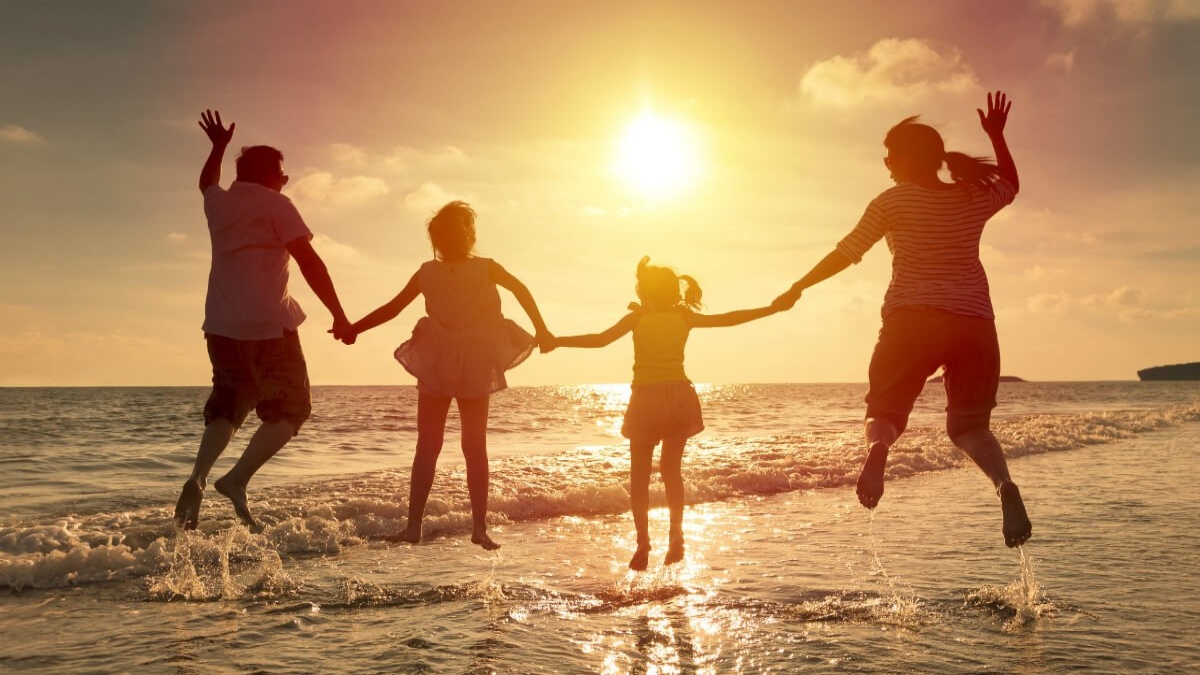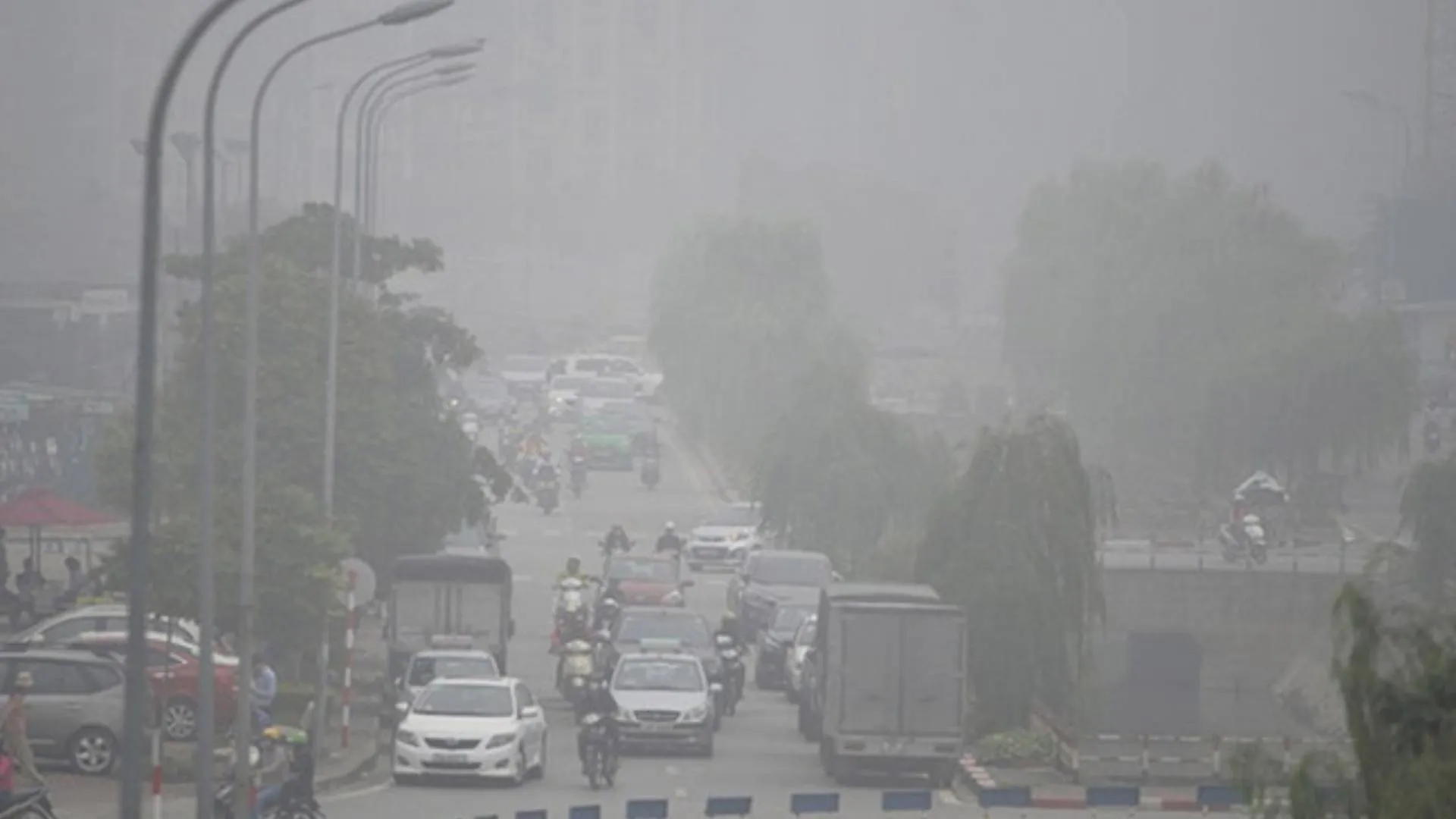This past week, many people around the country celebrated various winter harvest festivals such as Lohri, Bihu, Makar Sankranti, Pongal and Uttarayan, to name a few. These festivals have significant and even symbolic meaning for most of rural India, as aptly witnessed through the muted Lohri celebrations at the ongoing farmer protests. However, for most of India’s urban elite, these festivals are just another date on the calendar. Apart from marking the momentous first celebrations after marriages and babies, many of these minor seasonal festivals fly by unnoticed.
As with everything else in life, however, the pandemic has changed our priorities and forced us to view life differently. Festivals that previously were shoved under the radar as being cumbersome and avoidable social events, have become one of few opportunities to relive our pre-pandemic lives and experiences.
Even though we look forward to celebrating these and other occasions with gusto, we are still wary of opening our homes or interacting with large groups of people. The fixed set of invitees, therefore, are our family members! In actual fact, Indians have always given preference to family gatherings and close-knit celebrations over large and mindless socialising. The pandemic has merely reinforced an age-old practice, especially among the younger millennials and Gen-Z folk, who seemed to have lost a grip on this concept. In the last few years, they have begun turning to virtual companions to meet their emotional needs.
Nuclear families that are fortunate enough to live in the same cities as their extended families, are the ones to have become closer than ever before. Despite fear of the disease, people rarely shy away from visiting family members at the drop of a hat. Those that live away from their parents and siblings, have instituted regular virtual calls and catch-up sessions, undeterred by excessive screen fatigue.
Weddings and other important celebrations have also seen a significant change. Where previously, people would pull out all stops to host lavish and somewhat unnecessary gatherings and events; the pandemic has forced people to reduce the number of invitees to only the most essential. When it comes down to brass tacks, it is extended family members that people are most inclined to include in special occasions. Hence, the restricted 50-100 guest list mostly consists of family members.
Another interesting development has been a willing exodus of urban elite to their native homes and towns. With home-schooling and work from home seeming a long-term reality, at least till universal vaccination against Covid is achieved; people have woken up to the fact that they can function adequately from anywhere in the world, as long as they have a stable wi-fi connection. Millennials that previously had to be pushed to visit their hometowns once every few years, now see merit in camping out there during difficult times. With a paucity of good help, it is easier to share the workload of home and children, with other members living in one’s family home. The presence of grandparents, aunts, uncles and cousins, ensures willing playmates for children otherwise bored out of their wits in their small city apartments. Further, the added advantage of fewer Covid cases in smaller towns and villages, ensures more freedom of movement outdoors as well.
Interestingly, where some nuclear families have merged with their larger families in their ancestral hometowns for extended periods, others have relocated to quieter locations indefinitely. Various smaller hill towns and Goa have become popular choices for people to camp out for months on end. They can work, study and enjoy every aspect of living the good life, in a relatively safe and Covid-resistant environment.
As we enter a new year under the shadow of this dreaded disease that took the world by storm, it will be interesting to see whether these newly-strengthened family ties remain as strong as they seem currently. If compelled to make a prediction, I feel family bonds will benefit from the boost they have received in recent times, at least in a modified manner. People will begin socialising and working from offices in a few months, but with heartfelt appreciation for everything that families offer—love, safety, companionship and overall emotional wellness.
The writer is a lawyer who pens lifestyle articles for various publications and on her successful blog www.nooranandchawla.com. She can be found on Instagram @nooranandchawla.























